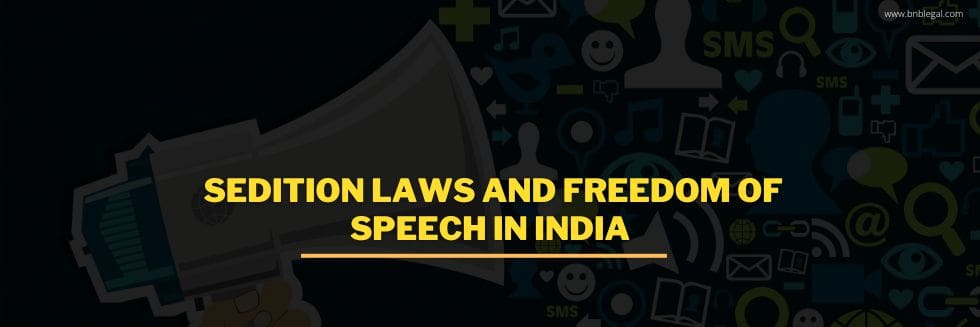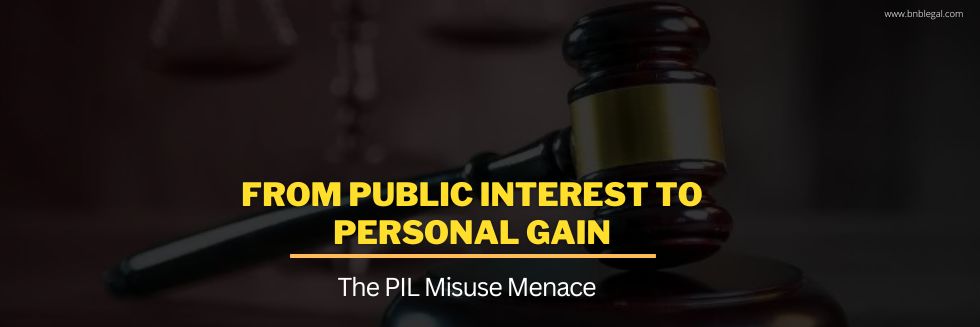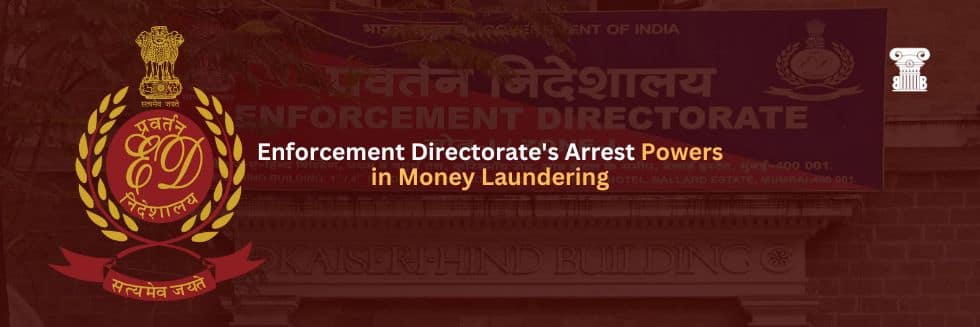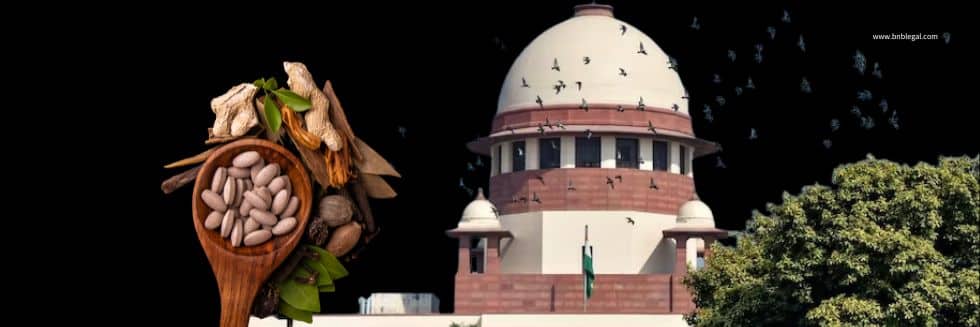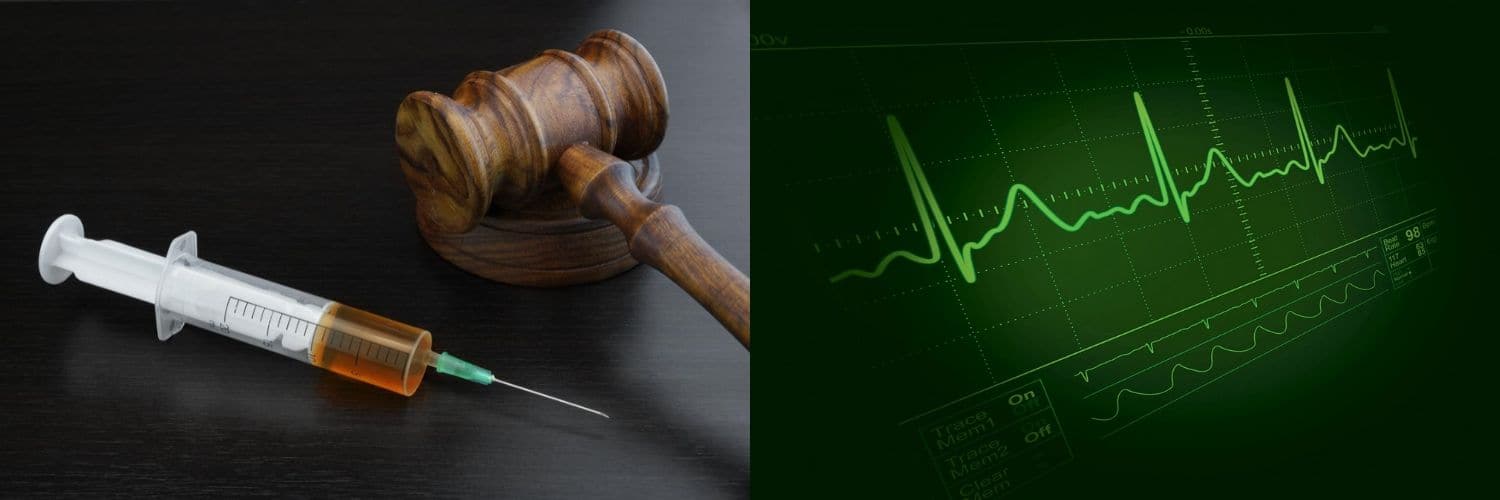Abstract
A robust policy is required when a country is facing a major problem of public health and economic crisis due to covid-19. So, in this sense, even the ‘worst public health states’ have stood by the people. Much of this is blamed on India’s low expenditure on public health- 1.29% of the GDP (2019-20). This definition covers the whole scenario of public health care that each individual be physically fit and sound and absence of any disease not only at the national level but also at the international level. In 2019 NITI Aayog also embarked upon unequal public health because the state is depending on the centre for fiscal which would lead sometimes to bureaucracy.
Judicial Pronouncements For Right To Health: Indian judiciary plays a proactive role in every matter through public interest litigation. On a pivotal subject like wellbeing, there should be coordination between the middle and states without blocking helpful federalism – a fundamental component of the Indian Constitution. Several people are dead due to the non-availability of medical healthcare services. This is due to the fractured healthcare system for poor, middle class, and rich people. The recommendation to declare the right to health a fundamental right, if implemented, will strengthen people’s access. In the same way, our judiciary also responds to the health of its public by including the Right to health as a fundamental right in the case of Bandhua Mukti Morcha. The right to health is indirectly mentioned in Article 21, this has to be read with many of the provisions of the Indian constitution. The right to health was firstly articulated by WHO that the enjoyment of the highest attainable standard of health is one of the fundamental rights of every human being”. The recommendation to declare the right to health a Fundamental right, if implemented, will strengthen people’s access.
Introduction To Fundamental Rights And Public Health Law
Given no unequivocal acknowledgment of the right to wellbeing or medical services under the Constitution, the Supreme Court of India in Bandhua Mukti Morcha v Union of India and Ors deciphered the right to wellbeing under Article 21 which ensures the right to life. In the State of Punjab and Ors vs Mohinder Singh Chawla, the court reaffirmed that the right to wellbeing is major to one side of life and ought to be placed on record that the public authority had an established commitment to give wellbeing administrations. In the State of Punjab and Ors v Ram Lubhaya Bagga, the court proceeded to embrace the State’s liability to keep up with wellbeing administrations.
In September 2019, a High-Level Group on the well-being area established under the fifteenth Finance Commission had prescribed that the right to wellbeing be proclaimed a major right. It additionally set forward a proposal to move the subject of wellbeing from the State List to the Concurrent List. The proposal to proclaim the right to well-being a crucial right, whenever executed, will reinforce individuals’ entrance. Notwithstanding, the last suggestion to move wellbeing to the Concurrent List will prompt a sacred problem on whether the centralization of general wellbeing will be useful with regards to Indian agreeable federalism. As of now, the subject of “general wellbeing and sterilization; medical clinics and dispensaries” falls under the State List of the Seventh Schedule of the Constitution of India – and that implies that state legislatures appreciate established mandates to take on, authorize and implement general wellbeing guidelines.
“The recommendation to declare the right to health a fundamental right, if implemented, will strengthen people’s access. However, the latter recommendation to shift health to the Concurrent List will lead to a constitutional conundrum on whether the centralization of public health will be helpful in the context of Indian cooperative federalism.”
A 2019 NITI Aayog report featured that states in India had inconsistent general wellbeing frameworks. This lop-sidedness was fundamental because of limited specialized ability and financial limitations. While monetary reliance of states on the middle keeps on being a significant test, on the off chance that the subject of wellbeing was moved to the Concurrent List, it would prompt inordinate administration, formality, and institutional requirements. Indeed, even as the approach choice of states would keep on excess emotional to the political direction of the government leader, this centralization would tear conditions of their protected privileges. Moreover, a uniform methodology wouldn’t give the particular consideration that states across India need.
On a pivotal subject like wellbeing, there should be coordination between the middle and states without blocking helpful federalism – a fundamental component of the Indian Constitution. The joint reaction to COVID19 has exhibited the requirement for solid limits at the area and nearby levels to contain the spread of the pandemic. Illustrations from the reaction likewise show that while smooth coordination among states and the middle is basic, well-being is a necessity to keep on being on the State List. Decentralization of force and assets to states for supporting their general wellbeing frameworks is in this manner basic. For instance, Uttar Pradesh and Bihar, however, battling first and foremost, had the option to control the Japanese Encephalitis episode in 2019. Indeed, even in the continuous pandemic, Maharashtra and Delhi summoned The Epidemic Diseases Act, 1897 preceding the focal government conjured the National Disaster Management Act, 2005 on March 23.
Through the Directive Principles of State Policy, the Constitution has made a strong enticement for the State to give a respectable way of life. A few lawful points of reference have directed that the state is liable for residents’ medical services. India’s obligation to worldwide legitimate deals and shows additionally ties it, as a state party, to improve and offer satisfactory public types of assistance and a base norm of subsidized medical coverage. Existing protection ensures legitimate points of reference and worldwide responsibilities structure a strong reason for a crucial right to wellbeing in India. An authoritatively ensured right will make admittance to wellbeing lawfully restricting and guarantee responsibility. A sacred correction on the lines of the 93rd Amendment to the Constitution which gave an established approval to one side to instruction, ought to be taken on for giving satisfactory medical services in India.
India is involved with the International Covenant on Civil and Political Rights and the International Covenant on Economic, Social, and Cultural Rights. The Supreme Court held that Article 21 of the Constitution of India according to basic freedoms must be deciphered in incongruity with global regulation. Further, Article 25 of the Universal Declaration of Human Rights and Article 7 (b) of the International Covenant on Economic, Social, and Cultural Rights have been referred to by the Supreme Court while maintaining the right to well-being by a laborer.
These pledges track down legal acknowledgment in the Statement of Objects and Reasons of The Protection of Human Rights Act, 1993. Also, basic freedoms commissions are enabled to concentrate on settlements and other worldwide instruments on common liberties and make proposals for their successful execution. In the new past, numerous protests of supposed clinical carelessness and lack of help by private and government medical clinics and clinical experts have been recorded with the public or state Human Rights Commissions.
The Constitution Of India On Right To Medical Services
The Constitution fuses arrangements ensuring everybody’s all in all correct to the most elevated achievable norm of physical and emotional well-being. Article 21 of the Constitution ensures insurance of life and individual freedom to each resident. The Supreme Court has held that the option to live with human nobility, revered in Article 21, gets from the mandated standards of state strategy and thus incorporates security of wellbeing. Further, it has likewise been held that the right to well-being is fundamental to one side of life and the public authority has a protected commitment to give wellbeing offices.
Disappointment of an administration emergency clinic to give a patient opportune clinical treatment brings about infringement of the patient’s right to life. Also, the Court has maintained the state’s commitment to keeping up with well-being administrations.
Public interest petitions have been recorded under Article 21 in light of infringement of the right to wellbeing. They have been recorded to give extraordinary therapy to youngsters in prison; on contamination dangers; against risky medications; against barbaric circumstances in after-care homes; on the wellbeing privileges of deranged patients; on the freedoms of patients in waterfall medical procedure camps; for a sure-fire clinical guide to harmed people; on conditions in tuberculosis emergency clinics; on word related wellbeing perils; on the guideline of blood donation centers and accessibility of blood items; on aloof smoking openly puts; and in an allure documented by an individual with HIV on the freedoms of HIV/AIDS patients.
Standards To Be Taken
The right to wellbeing in India should be carried out inside the system of standards of fortitude, proportionality, and straightforwardness that are key to global common freedoms and wellbeing regulation, as proposed by Professor of Health Law Katharina Ó Choir. These three standards are much more vital in intending the current test presented by COVID19.
In Vincent vs. Union of India, the court held that a healthy body is an essential and basic foundation for human activities. Health plays a pivotal part in the overall development of human beings, which is vital for the socio-economic development of the nation. A country facing a severe problem of covid-19 for a long time has now witnessed the vulnerability of India’s healthcare system. Much of this is blamed on India’s low expenditure on public health- 1.29% of the GDP (2019-20). India is a member of the U.N. and has ratified the convention to protect the health of each individual. However, the quality of health has not been given to the entire public country that faced this epidemic. Our Indian constitution also does not expressly mention Right to Health however, Article 21 does not talk about the right to life and personal liberty but it has a wider connotation. This article embraces the whole human existence like the right to a clean environment, the right to live with dignity not mere survival, a better standard of living, and so on.
Right to health is indirectly mentioned in Article 21, this has to be read with many of the provisions of the Indian constitution. This is a time when the country can give status to the right to health, which guarantees a fundamental right with the proper principle of transparency.
Right To Health As A Fundamental Right
In general, a sense of health as per the oxford dictionary means “the state of being free from illness and injury. According to WHO, Health is a state of complete physical, mental and social well-being, and not merely the absence of disease. This definition covers the whole scenario of public health care that each individual be physically fit and sound and absence of any disease not only at the national level but also at the international level.
Constitutional Dimension And Right To Health
The Indian Constitution embodies the principle of the welfare state and socio-economic rights but somewhere it lacks positive assertion as the right to health is not incorporated in a legal framework however, it can be viewed in Article 21 of the Indian constitution in indirect manner. Moreover, there are several grounds in the Indian constitution, which introduce the role of the state to maintain the city citizens in its attainable growth. Part IV of the Indian constitution which is the Directive Principles of State Policy (DPSP) is based on three-tier principles i.e., socialist, Gandhian, and western liberal principles impose a duty on the state to secure the condition of health of its public. In socialist principles, Article 38 imposes a directive 93 condition on the health of its public. In socialist principles, Article 38 imposes a directive on the state to secure a social order for the promotion of the welfare of the people, and Article 39(e) talks about workers protecting their health. Gandhian principles Article states to raise the level of nutrition and the standard of living of its people as a primary responsibility. Moreover, the state in particular directs its policy toward securing the health of the worker.
However, this duty is not only upon the state but also on the village Panchayat and Municipalities to maintain the health of the public. Article 243G talks the same. It states “The legislature of a state may endow the panchayat with necessary power and authority about matters listed in the eleventh schedule.”
This schedule directly talks about Health like;
- Drinking;
- Health and sanitation, including hospitals and primary health centers;
- Water supply for domestic and commercial purposes etc.
Judicial Pronouncements For The Right To Health
The Indian judiciary plays a proactive role in every matter through public interest litigation. Courts of India play a very crucial role in terms of fundamental rights, especially for poor, downtrodden people. Many years ago, the Indian judiciary enlarged the ambit of Article 21 of the Indian constitution. Now Article 21 not only conferred Right to life but also extends its feathers by including Rightthe to food, the right to a clean environment, and so on. In the same way, our judiciary also responds to the health of its public by including the Right to health as a fundamental right in the case of Bandhua Mukti Morcha vs. Union of India, in this case, the court interpreted the right to health under article 21 which guarantees the right to life.
In the case of Paschim Banga Khet Mazdoor Samity & Others vs. State of West Bengal and Others, in this case, the court held in a very humble way that being a welfare state, it is the Others, court held in a very humble way that a welfare state, it is the primary responsibility of the government to provide the medical facility. Preserving the lives of people is of paramount importance. In the case of the State of Punjab & others vs. Mohinder Singh Chawla, the judiciary confirms that the themed right to health is a fundamental right, and the government has a responsibility to provide medical services. In the State of Punjab & Ors vs. Ram Lubhaya Bagga , the court went on to endorse the state’s responsibility to maintain health services. Thus, it is the responsibility of the state to protect and vigor and the right to health is a fundamental right read with Article 39(e), Article 41, Article 43, and Article 47.
Why Universal Healthcare Policy?
Health is not only a national matter but also a matter of international regimes. The right to achieve the highest standard of health is recognized under international law. The right to health was firstly articulated by WHO that “the enjoyment of the highest attainable standard of health is one of the fundamental rights of every human being”.
In 1948 Universal Declaration of Human Rights also recognized health as the standard of living as per Article 25. This concept was again recognized in 1966 in the International Covenant of Economic, Social and Cultural Rights in Article 12 which states that everyone has a right to enjoy the highest attainable standard of physical and mental health.
Is This The Right Time To Make a Standard On Health?
Seeing the present situation of COVID-19 despite the fact that public health services, doctors, and staff all are facing the contingent situation to meet the challenge of this epidemic, a completely different situation, there is a need to make a robust healthcare policy. A robust policy is required when a country facing a major problem of public health and economic crisis Hue to covid-19. In September 2019 a High-level group constituted under the 15th Finance commission recommended that the right to health be declared a Fundamental Right.
However, doing this the problem arose about the subject matter, as Health is a state subject that falls on the state list of the seventh schedule of the Indian constitution. In 2019 NITI Aayog also embarked upon unequal public health because the state is a depocenter for fiscal which would sometimes lead to bureaucracy. If Constitutional makers shift this duty towards the central, what will be the effect? Much more cooperation is needed not only between state and central but also between local and district levels so it would not lead to over-centralization. The recommendation to declare the right to health a Fundamental right, if implemented, will strengthen people’s access. People’s perception is now totally changed towards COVID and reforms about this epidemic will change through political flow till the government responds. However, this is not the first time that we need to take some robust rules but many instances have come across in which people are most affected. In 1980, the epidemic raged and thousands of people were killed and there was no effective treatment, there was little hope for those diagnosed with HIV, facing debilitating illness and certain death within years, said Dr. Gottfried Hirnschall, Director at WHO. Several people suffered due to the non-availability of medical healthcare services, then this is due to a fractured healthcare system for poor, middle class, and rich people. These three should be in one framework for all the classes so that governments could regulate both private and public hospitals. In 2017, the National health policy proposed 2.5% of GDP for the public healthcare system but it is now reduced not only for private hospitals but also for public hospitals. Presently, People are pushed out of the hospital with no proper care. The Prime Minister Health Insurance Scheme has been such a failure as it is high charging the patients that is normally done in the private sector. So, in this sense, even the worst public health states have stood by the people. Right to education which has been given a state framework under the Right of children to free and Compulsory Education Act, 2009, likewise a uniform standard has to be given to the right to health as this can lead to more transparency and proportionality in the medical sector.
“In addition to statutory recognition, the right to health in India will need to be implemented within the framework of principles of solidarity, proportionality, and transparency that are central to international human rights and health law.”
The guideline of fortitude is firmly connected to the essentials of equity and value. Concerning one side of wellbeing, fortitude can ensure equivalent admittance to general well-being frameworks for all. In the current pandemic, India’s minimized networks are excessively harmed because of the need or negligible admittance to medical services and other fundamental necessities which have additionally extended obvious imbalances. The declaration of fortitude expects that the public authority and foundations treat individuals and safeguard them with next to no segregation in view of sex, station, class, religion, and language. At the public level, home-grown fortitude would order state legislatures and foundations to search for standard answers for shared difficulties for consolidated interests.
In the legitimate setting, the tenet of proportionality is a device to decide the right harmony between the limitations forced by the state as a remedial measure and the seriousness of the restricted demonstrations. The principle of proportionality help in deciding the circumstances for an impediment of naturally safeguarded freedoms. Right now, the Government of India along with different nations has taken on broad measures, for example, lockdown to control development, compulsory institutional quarantine, and criminalization of the people who don’t agree with the rules. These activities have brought about uncommon limitations on common freedoms and basic liberties. The public authority is unquestionably qualified to make specific choices to improve general well being; be that as it may, these choices ought not to dehors the trial of proportionality. Intense and hard choices don’t prompt achievement; it is the efficient methodology and regard for common freedoms alongside the interest of the local area that is bigger that is the way forward. For instance, Japan, South Korea, and Sweden, while regarding the social liberties of their residents, went to less prohibitive lengths to address the test presented by COVID19 and are fruitful.
The rule of straightforwardness is basic for good administration and guarantees individuals’ confidence in policy management. To permit the examination of choices made by the public authority and of its kept up with establishments, data ought to be accessible, available, and dispersed among the populace. The guideline of straightforwardness goes inseparably with that of responsibility and dependability. With regards to one side of wellbeing and medical services, the act of straightforwardness will help in keeping the expansion in medications and clinical benefits taken care of, keep up with the sufficient working of public foundations, and clutch the trust of individuals. Ongoing endeavors to utilize enormous information examination to follow patients and follow contacts through applications like Aarogya Setu, need to line up with the rule of individual information assurance, and any utilization of spread ought to accompany the earlier assent of the residents in a straightforward way. There have been numerous reports of information fudging of COVID19 cases in India, influencing individuals’ trust.
Conclusion
To conclude, I would like to add that it is time India proclaimed the right to well-being and well-being right. Solid well-being regulations will assist with building cultural versatility for future pandemics and general well-being crises. Crisis reactions can’t come at the expense of disregard for basic freedom commitments. The right to well-being is carried out, utilizing the standards of straightforwardness, proportionality, and fortitude.
The COVID19 experience has likewise shown the significance of a decentralized/polycentric reaction – India’s co-usable federalism, accordingly, should be fortified.
This article is written and submitted by Mohd Shaaz Peerbaksh during his course of internship at B&B Associates LLP. Mohd Shaaz is a 5th year law student from IMS Unison University, Dehradun.

